Researchers
The ›Fan History Initiative‹ consists of a group of scholars who strive to facilitate research on the history of fandom. If you want to get listed just sent an email with the necessary information (see below) to fan-history@uni-koeln.de
Scholars in alphabetical order
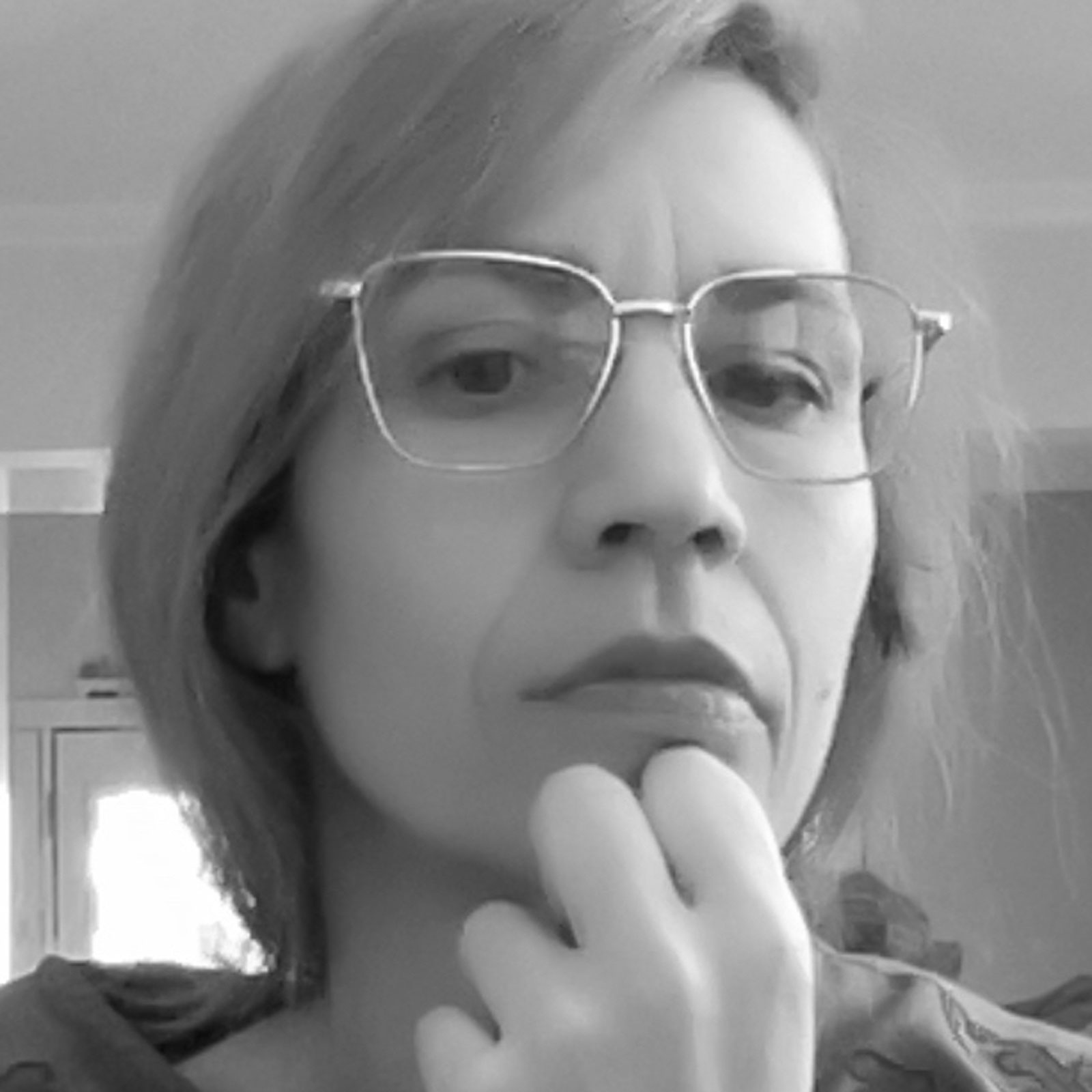
|
Diana W. Anselmo |
Institute for Technology and Architecture (ISCTEC), Lisbon
dianawanselmo@gmail.com | Website
Diana W. Anselmo is the author of A Queer Way of Feeling: Girl Fans and Personal Archives of Early Hollywood (University of California Press, 2023) and myriad articles on alternative media archives, queer reception, and silent cinema. Her current work explores the preservation of material memory and the diversification of historical patrimony: from paper, celluloid, and cloth to earth constructions, stone and brick masonry, wood, glass, metal, and reinforced concrete constructions, coatings, and finishings. Bringing together the history of science and technology, her scholarship on early 20th-century vernacular visual collections (scrapbooks, herbariums, maps, letters, diaries, photographs) probes the challenges climate change brought to the historicization of bodies, built environments, natural disasters, colonial heritages, patrimony, urban renewal, and the complex relations between conservation and rehabilitation, ecology and technology, art and human action on the natural world. An article on suicide letters, migration, and early female audiences is forthcoming on Film Quarterly (2025).

|
Daniel Cavicchi |
(Rhode Island School of Design, History, Philosophy and the Social Sciences)
dcavicch@risd.edu | Website
Daniel Cavicchi's current research concerns the history of fandom before the advent of electronic mass media. This work includes comparative study of diverse fan groups in the 19th century, from fire buffs to music lovers, as a way to illuminate the contours of fandom's past. He is especially interested in using iconography, sensory history, and material culture studies to recover the experiences of historical audiences. Most recently, he has been studying the practices and politics of naming fandom, with the goal of producing an annotated dictionary of terms pre-›fan.‹
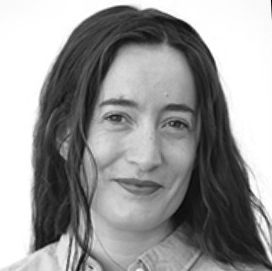
|
Annie Fee |
Annie Fee is a film scholar working on the silent film cultures of interwar France. She takes a micro-historical approach to the history of fandom, using a wide range of sources to illuminate how cinema transformed the lives of working-class people. These include fan letters, census records, police reports, leftist newspapers, the trade press, fan magazines and cinema programs. She has created a digital historical map of Parisian cinema culture in order to situate fandom in its social context. She holds a PhD from the University of Washington, Department of Cinema & Media Studies. She was previously a British Academy postdoctoral fellow at the Department of History at UCL and a postdoctoral fellow at the Department of Media and Communication, University of Oslo.
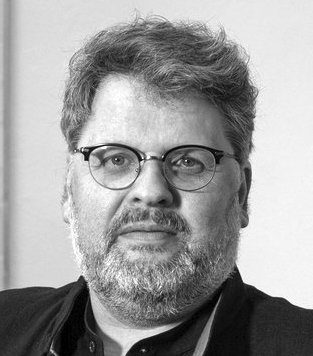
|
Peter W. Marx |
(University of Cologne, Institute of Media Culture and Theatre)
peter.marx@uni-koeln.de | Website
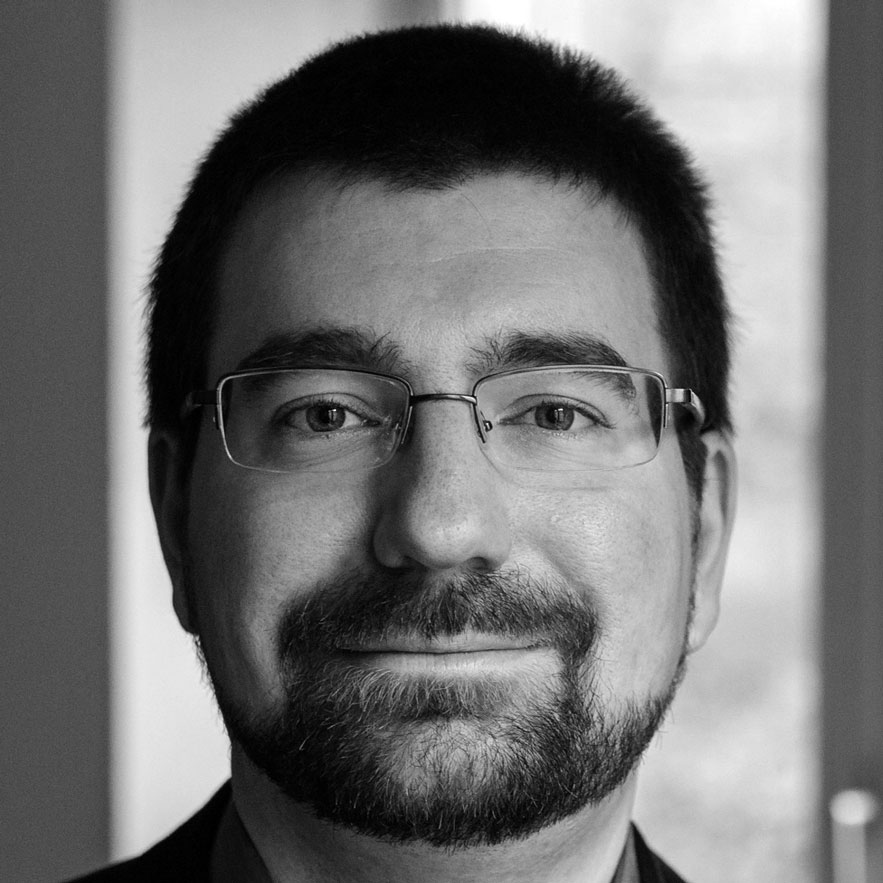
|
Stephan Packard |
(University of Cologne, Institute of Media Culture and Theatre)
packard@unikoeln.de | Website
Stephan Packard is Professor for Popular Culture and its Theories at Cologne University. He is interested in the historical and cultural variations of popular culture as well as the political and ideological implications of audience and popular culture studies. Further research interests include popular pictorial formats, especially comics studies; censorship and other forms of media control; transmediality; narratology; as well as concepts of fiction and virtuality; and media semiotics.

|
This could be your Name |
(This could be your affiliation)
This could be your email address| this could be your website
This could be your presentation text

|
Clemens Räthel |
(University Greifswald, Institute for Finnish and Scandinavian Studies)
clemens.raethel@uni-greifswald.de | Website
Clemens Räthel's research explores the leading stage stars of 19th-century Swedish and Danish Royal Theatres – as well as their devoted audiences. Prominent figures such as Johanne Luise Heiberg, Johan Christian Ryge, and Lars Hjortsberg serve as key examples of this phenomenon. The extensive archival material from the Royal Theatres provides valuable insights into early fan culture, shedding light on how actors and actresses engaged with their admirers, the nature of their popularity, and the ways in which audiences expressed their admiration.
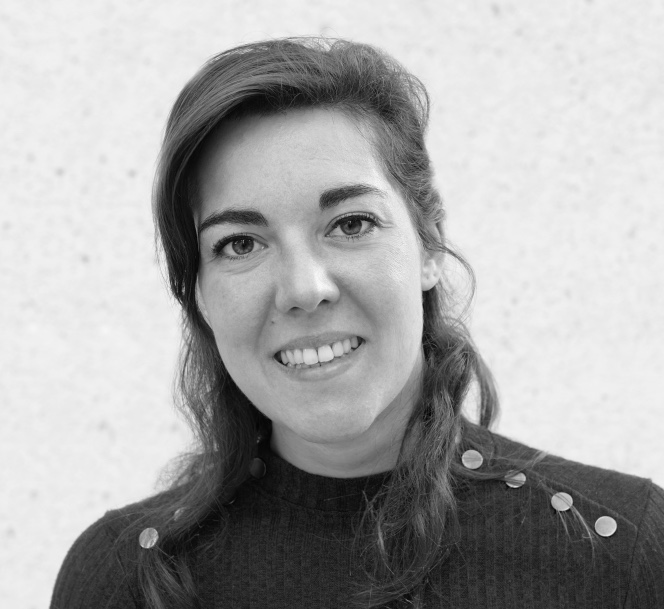
|
Alice A. Salamena |
(University of Cologne, Department of Scandinavian and Finnish Studies)
alice.salamena@uni-koeln.de | Website
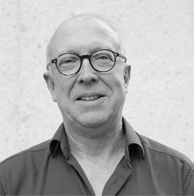
|
Stephan Michael Schröder |
(University of Cologne, Department of Scandinavian and Finnish Studies)
stephan.schroeder@uni-koeln.de | Website
Alice A. Salamena's and Stephan Michael Schröder's research interests are primarily focussed on the emergence of the film fan and film fan culture in the 1910s. As part of a three-year project entitled ›Fan mail to Danish film stars in the 1910s. Exploring the agency and practices of early film fans‹ (https://www.fanmail1910s.de), which is funded by the German Research Foundation and which both Alice A. Salamena and Stephan Michael Schröder work on, almost 3,000 fan letters written to Danish film stars in the 1910s (and 1920s) are being analysed. The specific focus of interest here is the agency of the letter writers in view of the traditions of writing fan letters, which were known from theatre life, and the media coverage of fans and their (alleged) fan-typical behaviour that emerged in the 1910s.

 Impressum
Impressum